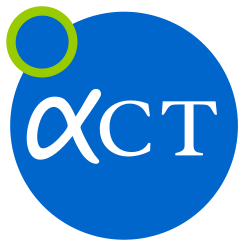Alpha Cancer Technologies (ACT) Announces Publication in Critical Reviews in Oncology/Hematology
Press ReleaseToronto, Canada, June 12, 2024 — Alpha Cancer Technologies (ACT), a biopharmaceutical company focused on developing and commercializing targeted immuno-oncology and immunomodulation therapies based


